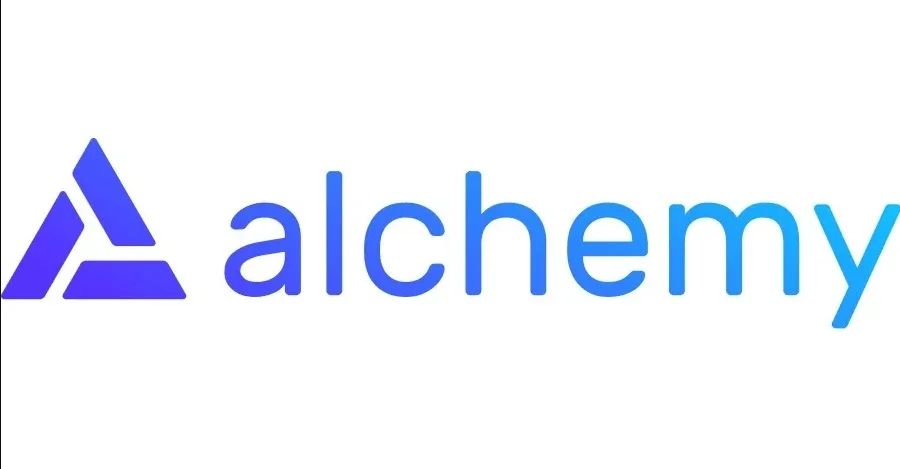Crypto initiatives, as well as the blockchain infrastructure companies that underpin them, have exploded in 2021, the latest example is Palo Alto-based Alchemy, which only went public a year ago and has just announced a $250 million investment round.

Nikil Viswanathan and Joe Lau, both Stanford graduates, founded Alchemy after working at Facebook and Pinterest before utilizing their Silicon Valley connections to build a fast-growing crypto startup. Alchemy is dubbed the “AWS of blockchain” by the founders, a reference to Amazon‘s ubiquitous cloud computing infrastructure.
While Alchemy has a vested incentive in propagating the AWS analogy, it is not entirely correct. Many of the largest names in crypto rely on its software tools, including OpenSea, DapperLabs, and Axie Infinity, and Alchemy, like AWS, is immensely profitable.
What exactly is alchemy?
Alchemy’s software tools provide a ready-to-use platform for scaling crypto applications, especially on the Ethereum blockchain. This enables both large and small crypto companies to expedite hard and costly processes such as debugging and writing to nodes.
While Alchemy gained its name as a service for Ethereum users, the business has announced that it plans to extend to other blockchains, and it is already working with Flow, a chain developed by Dapper Labs, an NFT company.
Andreessen Horowitz led Alchemy’s Series C fundraising round, which is one of the crypto-focused venture capital firm’s largest investments in Web 3—the still-emerging realm of decentralized computing services backed by blockchain technology.
In a statement, Ali Yahya, a general partner at the business, said, “Alchemy is growing at a staggering pace because it gives developers a platform for building web3 apps that is reliable, scalable, and easy to use.”
The $250 million investment comes after Alchemy received $15 million and $80 million in prior rounds, valuing the company at $3.5 billion—a nearly six-fold rise from earlier this year. Following prior backers such as Will Smith and Jay-Z, the venture companies Lightspeed and Redpoint joined the Series C round as additional investors.
Alchemy claims to have made enough money that it hasn’t needed to use any of the $80 million it raised in a Series B financing earlier this year.
The company’s large earnings are due in part to its rapid development, which includes a 15-fold increase in revenue in the last six months. Alchemy also laid the framework for future expansion in August by partnering with Polygon, another infrastructure provider that specializes in constructing DeFi apps.
All of this shows that Alchemy’s stars have aligned in a spectacular way, positioning the business to dominate the blockchain infrastructure niche. It’s too early to tell if this will happen—Silicon Valley has seen more than a few “can’t miss” firms fail—but Alchemy appears to be on its way to Web 3 era success for the time being.
